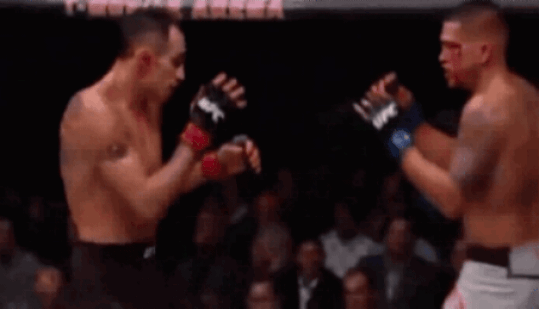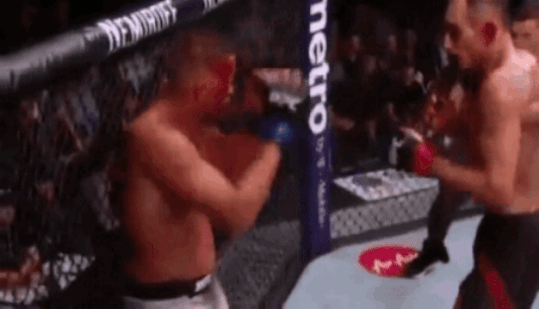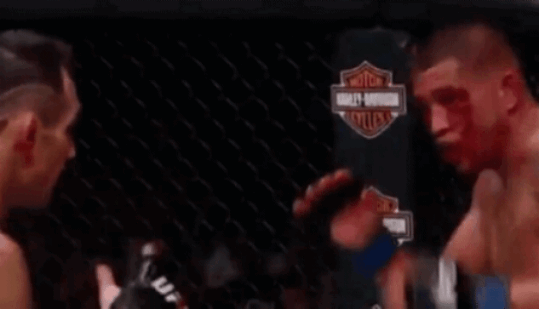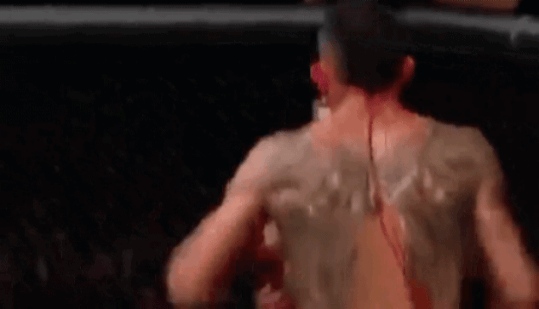Traditional fighting method
Recently I came across this Chinese youtube channel which gives informative demonstrations as to the difference between traditional fighting methods, particularly Xingyi, and those of modern sanda/ kickboxing.
This video is a good example of the channels content: https://www.youtube.com/watch?v=hQNBN6ETq8U
While the videos are in mandarin, the physical displays speak for themselves. Xingyi, as this instructor has it, closes the gap, takes out the space and finishes the opponent with close powerful strikes while the opponent is off balance. Makes sense to me!
What has become increasingly apparent to me from working with MMA practitioners. Is that internal martial art is not made for grappling or striking when either is treated separate from the other. It seems to be common in MMA to train grappling and then train striking as two separate disciplines before combing them. Internal martial art, and perhaps traditional martial art in general, seems to only truly make sense when grappling and striking are combined fluently. My experience is that TCMA is all about that ambiguous fluid space between striking and grappling. In a pure grappling competition (jiu-jistsu) as in a pure striking competition (kickboxing), much of Taiji, Xingyi, or Bagua loses its context and thus its natural application.
This video is a good example of the channels content: https://www.youtube.com/watch?v=hQNBN6ETq8U
While the videos are in mandarin, the physical displays speak for themselves. Xingyi, as this instructor has it, closes the gap, takes out the space and finishes the opponent with close powerful strikes while the opponent is off balance. Makes sense to me!
What has become increasingly apparent to me from working with MMA practitioners. Is that internal martial art is not made for grappling or striking when either is treated separate from the other. It seems to be common in MMA to train grappling and then train striking as two separate disciplines before combing them. Internal martial art, and perhaps traditional martial art in general, seems to only truly make sense when grappling and striking are combined fluently. My experience is that TCMA is all about that ambiguous fluid space between striking and grappling. In a pure grappling competition (jiu-jistsu) as in a pure striking competition (kickboxing), much of Taiji, Xingyi, or Bagua loses its context and thus its natural application.




